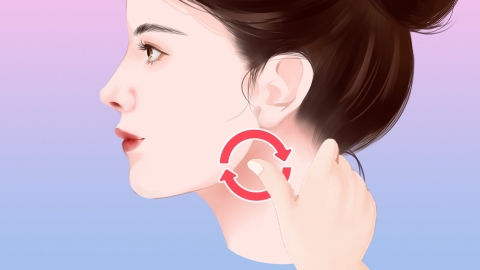Will liver and kidney function be affected after I-131 treatment?
After I-131 therapy, if the treatment is appropriate and the patient's physical condition is good, liver and kidney function may not be affected. However, if there are pre-existing liver or kidney diseases, these conditions may be impacted. If any discomfort occurs, it is recommended to seek medical attention promptly and follow the doctor's instructions for treatment.

I-131 therapy is a commonly used treatment method for thyroid diseases, especially for hyperthyroidism. After being taken up by the thyroid, I-131 primarily emits beta radiation to destroy thyroid tissue. Although this radiation may pass through adjacent organs, it is mainly concentrated in the thyroid area, thus having minimal impact on surrounding organs such as the liver and kidneys. Before and after I-131 therapy, patients should regularly monitor their liver and kidney function to detect risks promptly and take appropriate measures.
In certain cases, such as treating advanced or recurrent thyroid cancer, higher doses of I-131 may be required. This increases radiation exposure to surrounding tissues, including the liver and kidneys, potentially causing temporary or long-term liver and kidney dysfunction. Additionally, if patients have pre-existing liver or kidney diseases, such as chronic hepatitis, cirrhosis, or chronic kidney disease, I-131 therapy might exacerbate existing liver and kidney problems.
In daily life, maintaining good living and dietary habits can also help protect liver and kidney health.








